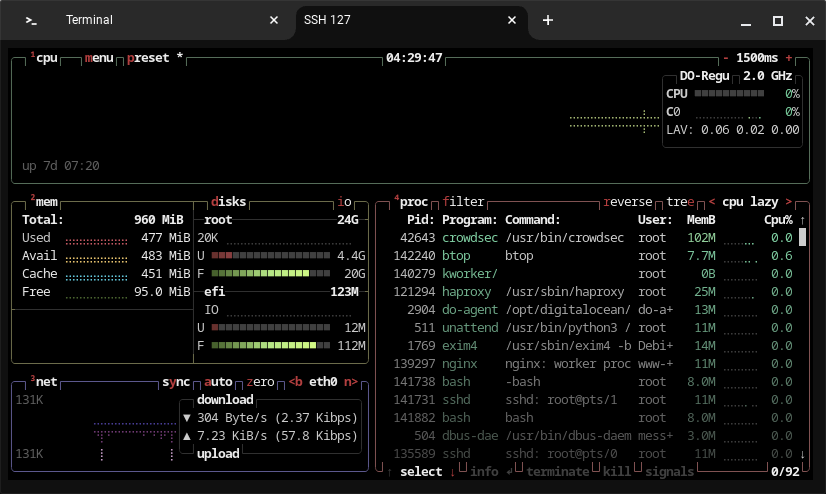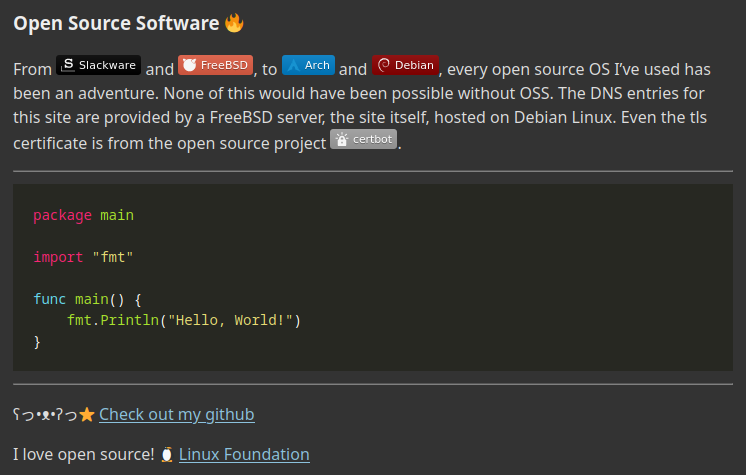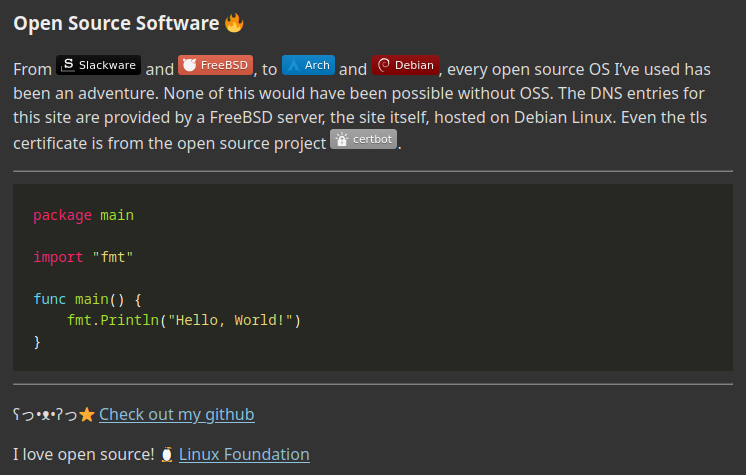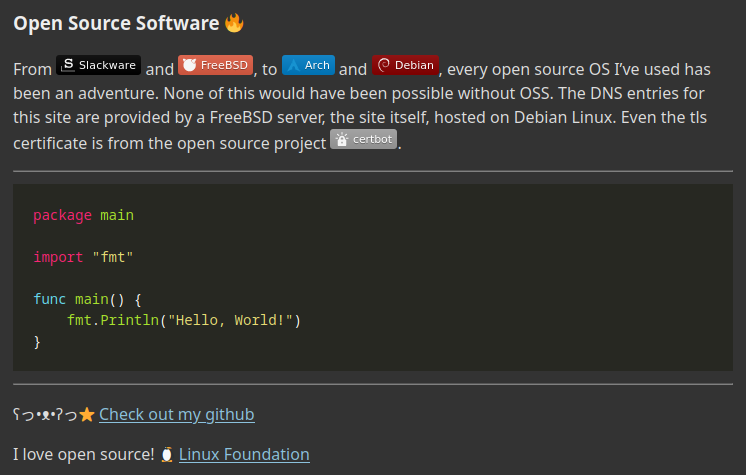https://gitlab.gnome.org/chergert/ptyxis
Ptyxis is my current go-to. It can detect available pods or toolboxes (maybe docker too haven’t tested it) and you can open terminals directly into them. It also highlights ssh terms and root shells differently.
There are a huge number of built-in color schemes as well and I’ve had no trouble finding any configuration option I’ve found myself wanting to look for.
It’s also available on flathub so it’s easily installed in most distros.










Check out James Enge. He wrote a series that I really enjoyed that sounds like just what you are looking for.